The IPA has warned that this proposed agency is another government intervention to curtail growth in Australia’s critical resources sector.
A Melbourne-based think tank has warned that the Albanese government’s proposed national environment watchdog, which could fine those breaching federal environmental law up to $780 million (US$499 million), could potentially be “turned into a one-eyed activist beast.”
Environment Minister Tanya Plibersek on April 16 unveiled details about the independent Environment Protection Agency (EPA), which she said will be bolstered with new powers to “better protect nature.”
Environment Watchdog Given Expanded Power
Under the proposal, a statutory body will be able to issue Environment Protection Orders, also called “stop-work” orders, to anyone violating federal environmental law.
While those found to be in “serious intentional breaches” of federal environment law will be subject to a hefty penalty of up to $780 million or a seven-year prison sentence, this level of penalty is similar to serious financial offences such as insider trading and market manipulation.
The EPA will also have the power to audit businesses to make sure they comply with environmental approval conditions.
This is expected to have wide-ranging implications, as around one in seven developments were found to potentially be in breach of their offset conditions, according to Ms. Plibersek.
Offset conditions refer to a situation where a business needs to balance the negative impact its projects have on the environment with comparable “net positive” outcomes elsewhere.
If a business fails to do this, it needs to compensate the government for the project’s environmental damage.
The watchdog will also be able to enforce other federal laws, such as recycling, hazardous waste, wildlife trafficking, sea dumping, ozone protection, and air quality.
Meanwhile, the EPA chief will be an independent statutory appointment—similar to the Australian Federal Police Commissioner—to make sure “no government can interfere with the new agency’s important enforcement work,” the minister said.
Bureaucrats Could Have Final Say On Critical Mineral Projects: IPA
However, Daniel Wild, deputy executive director at the Institute of Public Affairs, argued that this was another government intervention to curtail growth in Australia’s critical resources sector “at a time when Australia desperately needs productivity.”
Mr. Wild warned the EPA would “empower unelected, activist bureaucrats to make decisions in relation to critical resource projects, and greatly diminish the role of elected governments.”
“Behind closed doors, the role of the proposed EPA has been dramatically expanded to include independent assessment and approval authority, with limited ministerial oversight,” he said in a media release on April 18.
Contrary to Labor’s election promise, the watchdog’s power would not be limited to enforcement of environmental law but would include power over project approval decisions, Mr. Wild added.
“Instead, the proposed federal EPA would be turned into a one-eyed activist beast, focussed only on the views of activists, without consideration for the potential economic and social benefits of major resources projects,” he said.
Number Of Environmental Bureaucrats Skyrocket
The move came after a recent IPA research revealed the total number of federal bureaucrats dedicated to policing red tape was poised to reach 100,000 by the end of 2024.
This growth was mainly driven by the Climate Change, Energy, the Environment and Water portfolio, where total staff was estimated to increase by 51 percent.
In percentage terms, this is three times more growth than any other portfolio in the same period, Mr. Wild said.
The research also showed that four of the five regulatory government agencies and departments with the largest increase in staffing levels were involved with environmental regulation and the climate change authority.
Mr. Wild noted that this is “concerning at a time when Australia desperately needs productivity growth that the federal government has outsourced vital policy to inner-city elites and the political class.”
Labor, on the other hand, said the EPA would deliver stronger protections for the environment and “restore public trust in our national environmental law.”
“We’re also working to support faster, clearer decisions for business. That greater certainty for business will help drive investment in nation-building projects,” Ms. Plibersek said.
‘Anti-mining, Anti-development’
The establishment of the new EPA came as part of the government’s three-stage Nature Positive Plan, a key Labor’s initiative in reforming Australia’s national environmental law—the Environment Protection and Biodiversity Conservation Act 1999 (EPBC Act).
“When I first announced the Nature Positive Plan, I said it would take a bit of cooperation, compromise and common sense to deliver. That’s exactly how we’re approaching the rollout,” Ms. Plibersek said.
The move was in response to an independent review led by Professor Graeme Samuel AC in 2021, which found that the EPBC Act is “not fit to address current or future environmental challenges.”
The federal government, however, has indefinitely delayed the overhaul of the EPBC Act amidst concerns from businesses that the Nature Positive Plan would amount to another layer of green tape and jeopardise the property, mining, and agricultural industries.
The Coalition has also opposed the bill, with Opposition Leader Peter Dutton warning it would be “the death of mining.”
“[It is] anti-WA … anti-mining [and] anti-development,” he told reporters in Perth.
Meanwhile, the Coalition’s environment spokesperson, Jonno Duniam, described the proposal as “a new bureaucracy with no new laws to administer.”

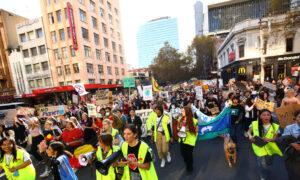

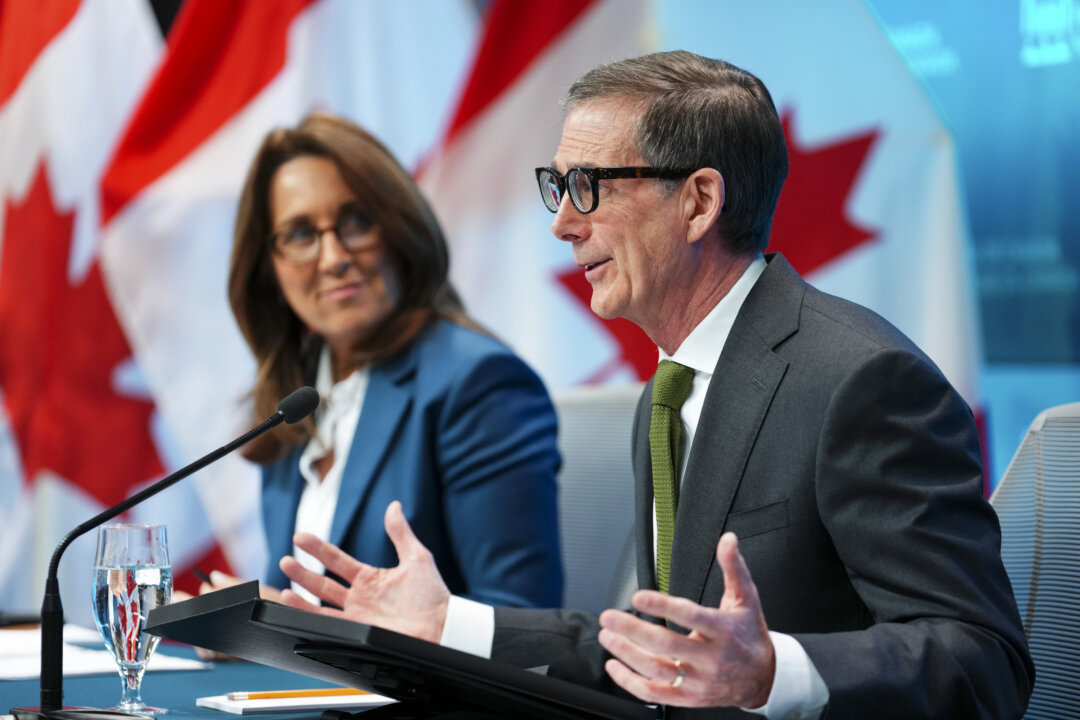
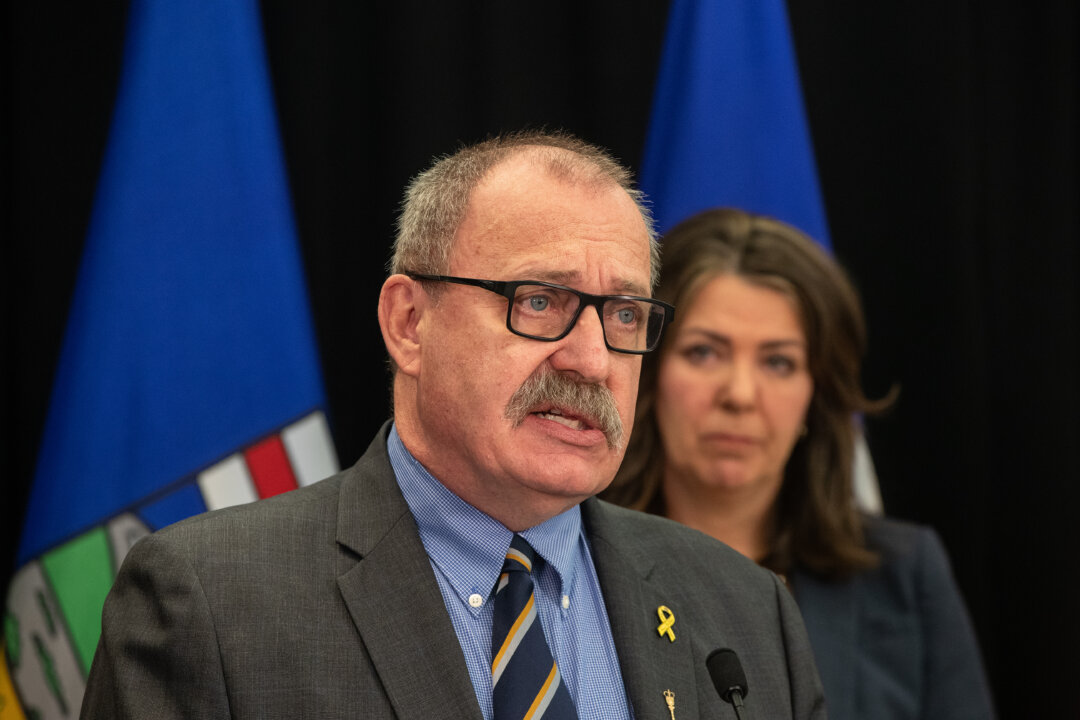
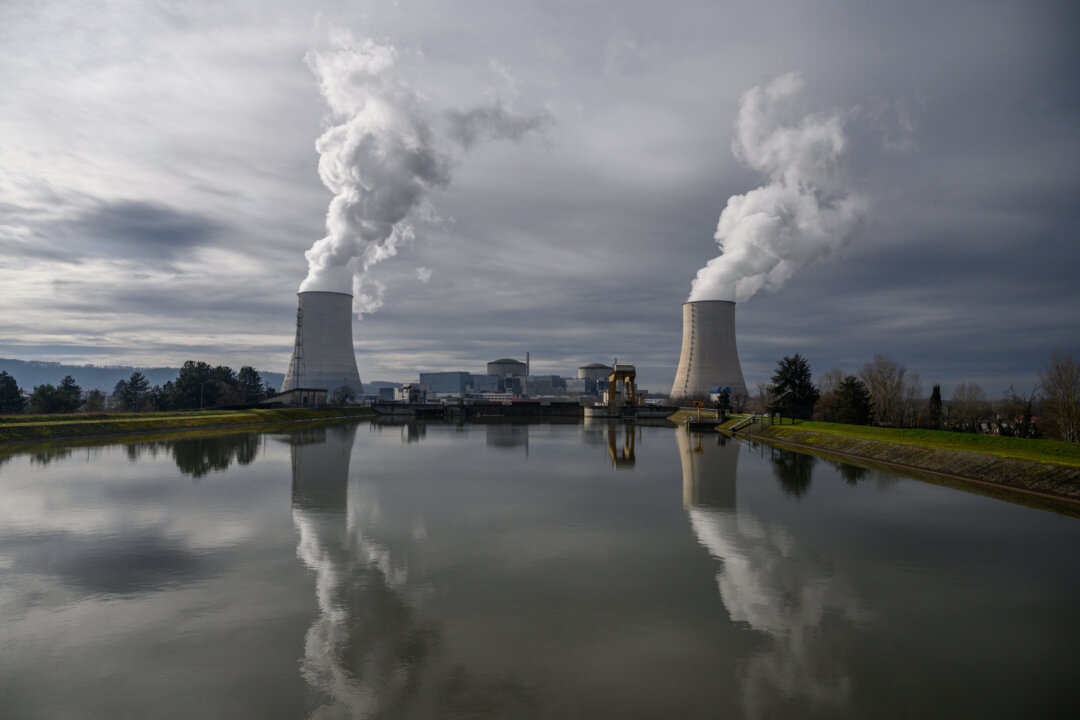



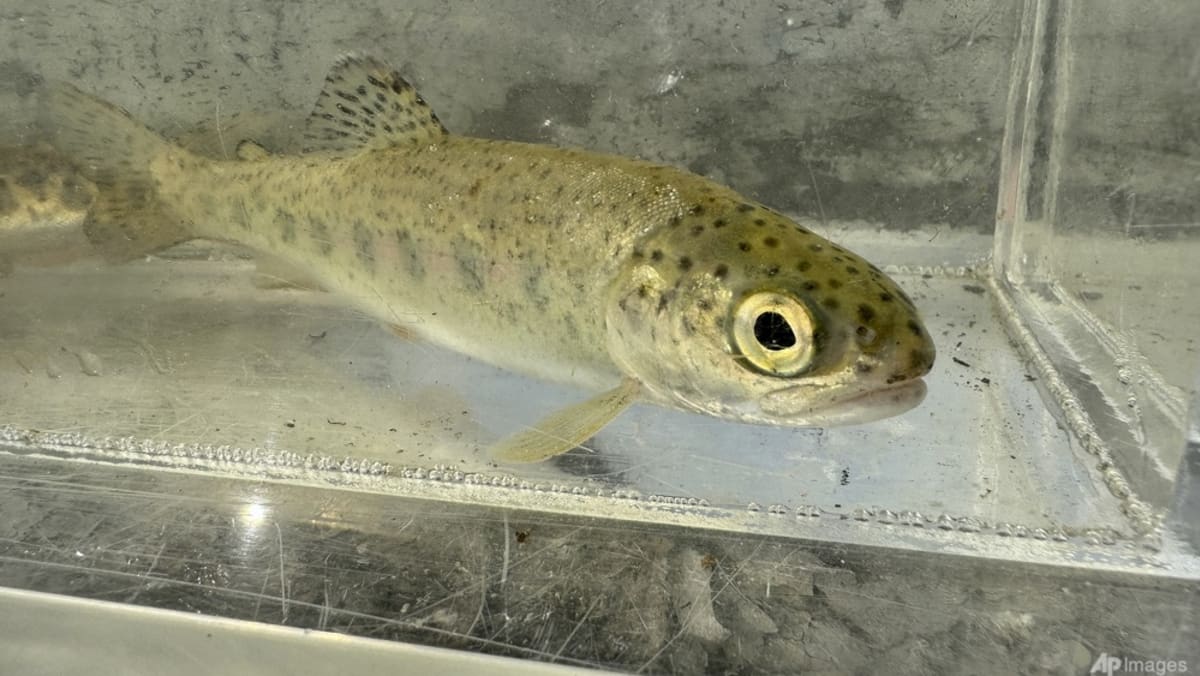




 English (US) ·
English (US) ·  Turkish (TR) ·
Turkish (TR) ·